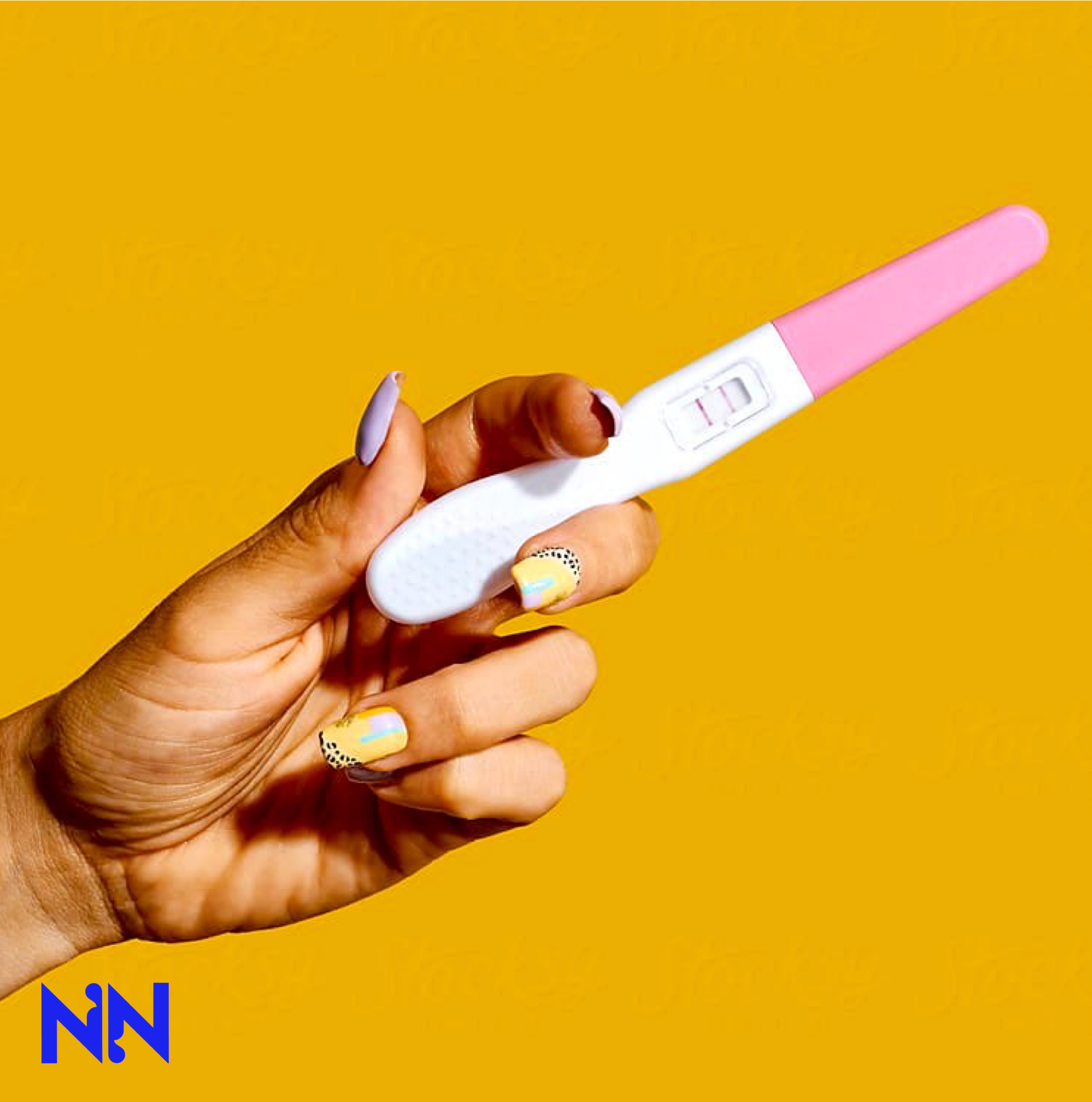Study Finds Perimenopause Starts at 30
Perimenopause Starts Earlier Than You Think—So Why Aren’t We Talking About It?
For years, most of us believed that Perimenopause was something that only happened to women in their mid-to-late 40s. But new research is proving that wrong. A new study from UVA Health and Flo Health has confirmed that many women have been experiencing for years without answer without answers: Perimenopause can start as early as your 30s. The problem? Most women in their 30s and even 40s don’t even know what perimenopause is.
Many are struggling with anxiety, brain fog, fatigue, irregular periods, and even depression without realizing these are signs of hormonal changes. Instead, their symptoms are often misattributed to stress, burnout, or just “getting older.” So, why aren’t we talking more about it?
Perimenopause: The Symptoms We’ve Been Ignoring
The study revealed that more than 50% of women aged 30–35 report moderate to severe perimenopause symptoms, but most don’t realize what’s happening.
Here’s what the study found:
1️⃣ Symptoms Start Earlier Than We Thought
- Early perimenopause symptoms (often starting in the 30s or early 40s) tend to be more psychological, including:
- Anxiety and perimenopause-related mood swings
- Brain fog and forgetfulness
- Irritability or increased emotional sensitivity
- Fatigue that doesn’t go away, no matter how much sleep you get
- Later perimenopause (closer to the mid-to-late 40s) brings more physical symptoms, such as:
- Irregular periods and long cycles
- Hot flashes and night sweats
- Joint pain and body aches
- Weight gain, particularly belly fat
- Lower libido or vaginal dryness
2️⃣ Irregular Periods Are a Key Sign
Many women dismiss changes in their cycles as stress-related. But according to the study, cycle irregularity is the strongest predictor of perimenopause, even in women in their 30s.
So, if your once-predictable cycle suddenly becomes irregular, or you’re experiencing heavier, lighter, or skipped periods, it could be perimenopause.
3️⃣ Most Women Don’t Seek Medical Help
Despite experiencing symptoms that interfere with work, relationships, and daily life, very few women consult a doctor.
This happens for a few reasons:
✔ Lack of awareness, many women don’t even know perimenopause exists.
✔ Medical dismissal, some doctors overlook perimenopause as a possibility in younger women.
✔ Confusion about symptoms, many women assume they’re just “stressed” or “aging.”
The result? A long, frustrating journey of misdiagnosis and feeling unheard.
So… Am I in Perimenopause?
If you’ve ever asked yourself, "Am I in perimenopause," you’re not alone. Many women don’t recognize what’s happening to their bodies until their symptoms become overwhelming.
Some early signs of perimenopause include:
✔ Feeling exhausted all the time? It might not just be stress, fatigue and perimenopause go hand in hand.
✔ Struggling with brain fog and forgetfulness? This is a common but often-overlooked symptom.
✔ Noticing more anxiety or mood swings? Many women experience increased emotional sensitivity before physical symptoms even start.
✔ Irregular or heavy periods? This is one of the strongest indicators of perimenopause.
If any of this sounds familiar, you might be in early perimenopause—even if you’re only in your 30s.
How to Support Your Body During Perimenopause
Whether you’re just starting to notice changes or are well into perimenopause, there are ways to manage symptoms and feel better.
✅ Focus on hormone support: Supplements like magnesium, ashwagandha, and maca can support mood and energy levels.
✅ Nourish your body: The best diet for perimenopause belly fat includes protein, healthy fats, and fiber-rich foods thatsupport metabolism.
✅ Support your sleep: If insomnia and perimenopause are keeping you up at night, consider natural remedies like magnesium, melatonin, or adaptogenic herbs.
✅ Explore birth control or HRT: Birth control for perimenopause can help regulate cycles, while HRT for perimenopausecan support hormone balance.
✅ Stay active: strength training and walking can help regulate hormones and maintain muscle mass
The Bottom Line: Perimenopause Is Happening Sooner Than We Thought
If this study tells us anything, it’s that perimenopause is not just a “40s and 50s” conversation anymore. If you’re experiencing symptoms, you deserve answers.
At NNABI, we believe education, awareness, and science-backed solutions can help women navigate perimenopause with confidence.
- You are not alone, and you are not imagining this.
- Want to learn more? Take our here to know more about the different perimenopause symptoms that could be affecting you.
- Want to speak with your doctor about perimenopause? Ask us for our guide at contact@nnabilife.com
- Looking for natural and science-backed solutions to support your symptoms, learn more here.



Leave a comment
This site is protected by hCaptcha and the hCaptcha Privacy Policy and Terms of Service apply.